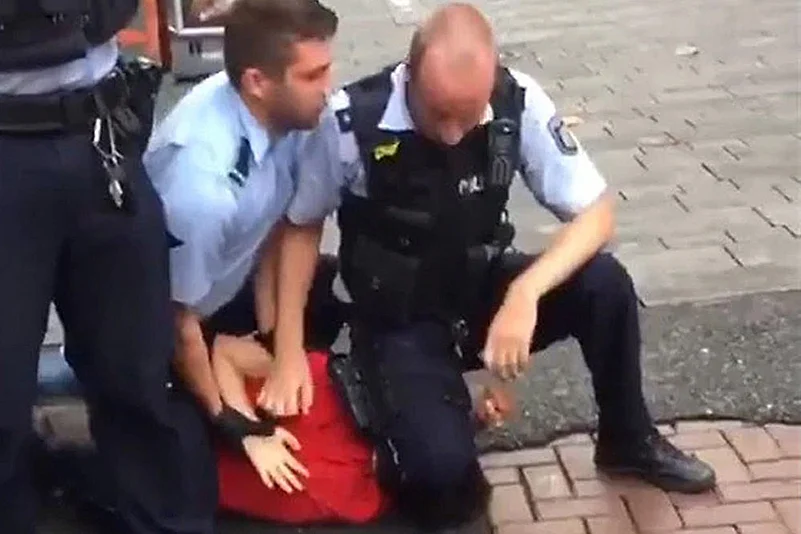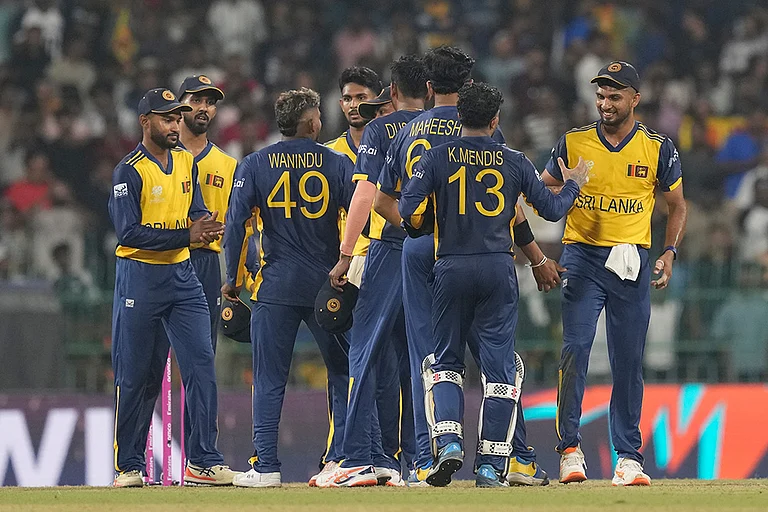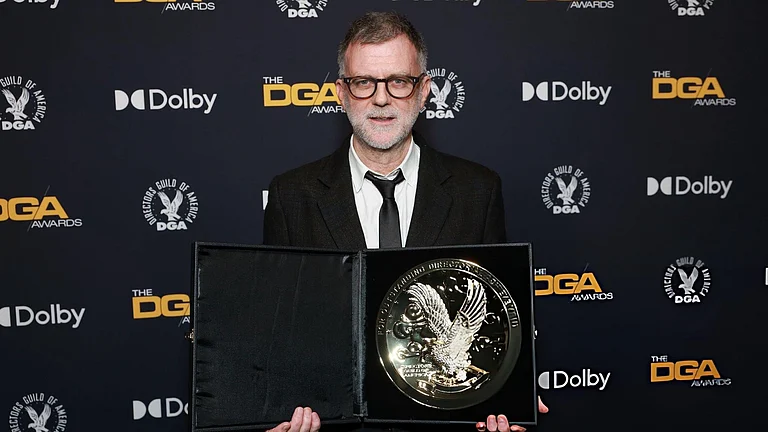World Tour
Germany has launched a probe after a video emerged of police detaining a minor by kneeling on his neck in Duesseldorf, a reminder of the arrest, and death, of African-American George Floyd. Footage showed two officers, one with his knee first on a prone suspect’s head before shifting it to his neck, as shocked passersby protested. Police said the youth had attacked officers.

Japan Alarmed by a spike in Covid infections in Tokyo’s nightlife districts, the government has released educational videos in the form of a Q&A between nightclub hosts, a hostess and a doctor, hoping to stem the spread of the outbreak. The three videos feature young workers from nightclubs in the city’s Kabukicho and Ikebukuro red-light districts where infections have crept up.

West Bank Peacocks, ostriches and baboons, free from pesky human distraction, joined in an animal baby boom at a Palestinian zoo during the coronavirus closure. Fifteen animals were born at the tiny Qalqilya Zoo in the Israeli-occupied West Bank during the two months that it shut its doors to visitors, three times more than usual. Zoo managers hope the newborns will draw visitors and compensate for lost revenue.

Foreign Hand
It took tens of thousands of protestors braving police brutality, the flight of an opposition leader, widespread global concern and heightened tension at the threat of a Russian intervention for an authoritarian ruler to change his belligerent tune. Alexander Lukashenko, the 65-year-old leader of Belarus, has said he would be ready to hold new elections and hand over power after a constitutional referendum—an attempt to pacify the biggest challenge yet to his 26-year rule. He made the offer after exiled opposition politician Sviatlana Tsikhanouskaya said she was willing to lead the country.
In signs of growing vulnerability, Lukashenko faced heckling and chants of “step down” during a speech to workers at a state-run factory. He also faces the threat of European Union sanctions after a bloody crackdown on protests following what demonstrators say was a rigged re-election victory last week. Official results gave him over 80 per cent of the vote. The EU is also preparing to send a message to Russia not to meddle, after Moscow told Lukashenko it was ready to provide military help in the event of an external threat. Belarus hosts pipelines that carry Russian energy exports to the West and is regarded by Moscow as a buffer zone against NATO. Lukashenko and Russian President Vladimir Putin spoke twice in recent days.
“We’ve held elections,” Lukashenko said in the August 17 speech. “Until you’ve killed me there won’t be any new elections.” But he offered to change the constitution, an apparent concession that seems unlikely to satisfy protesters. “We’ll put the changes to a referendum, and I’ll hand over my constitutional powers. But not under pressure or because of the street,” Lukashenko said. “Yes, I’m not a saint. You know my harsh side. I’m not eternal. But if you drag down the first president you’ll drag down neighbouring countries and all the rest.” He also said people could hold parliamentary and presidential elections after the referendum if that was what they wanted. Thousands of protesters had earlier marched to the factory where Lukashenko spoke.
Speaking in a video address from Lithuania, Tsikhanouskaya urged security and law enforcement officers to switch sides. “I am ready to take responsibility and act as a national leader...,” she said. Her video was released as hundreds of employees from the state broadcaster BT went on strike and several presenters and staff resigned.
The protests have been joined by those normally seen as loyal to the president. Some police, a sitting ambassador, prominent athletes and a former prime minister have also voiced solidarity with the protesters.

























